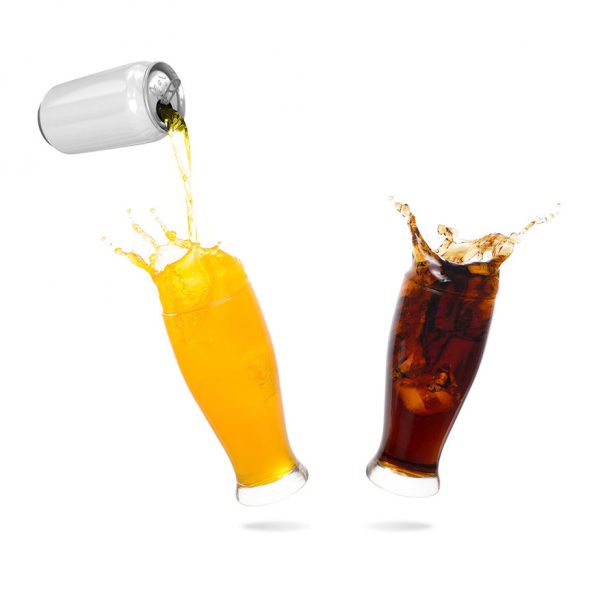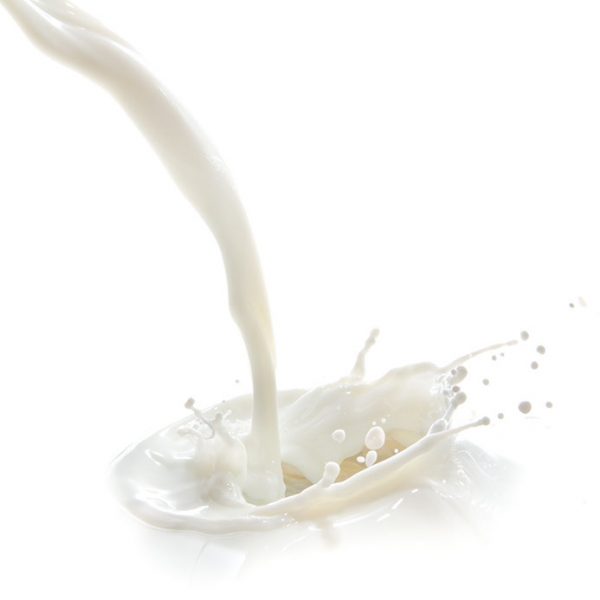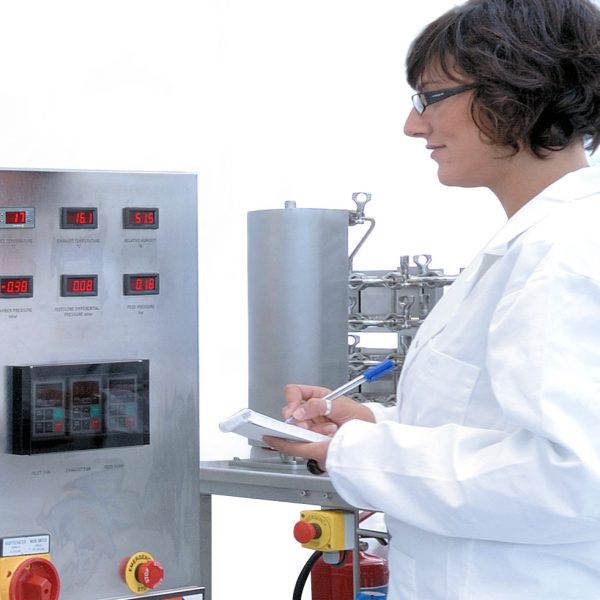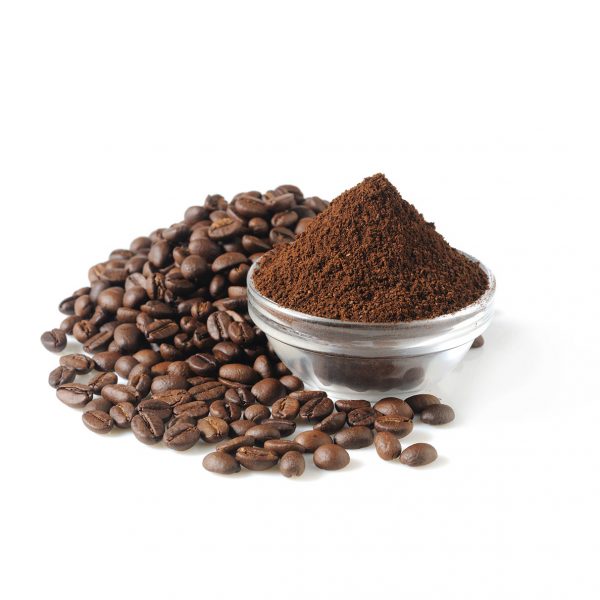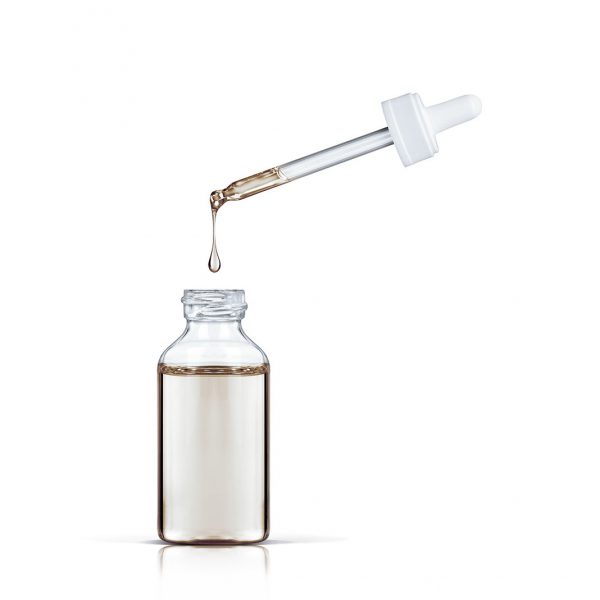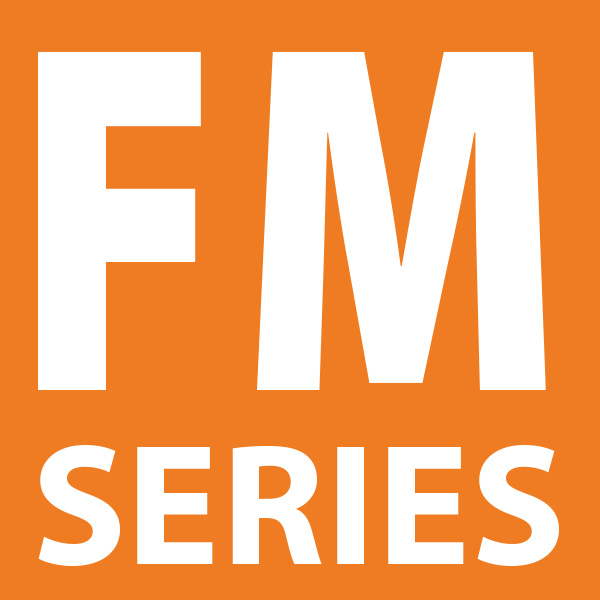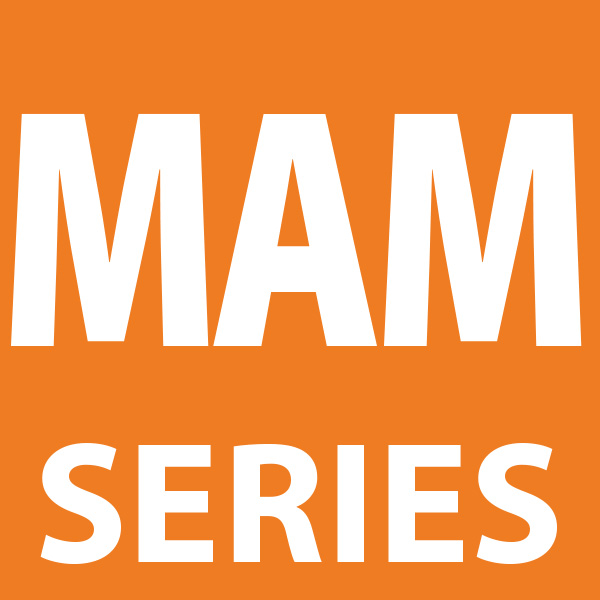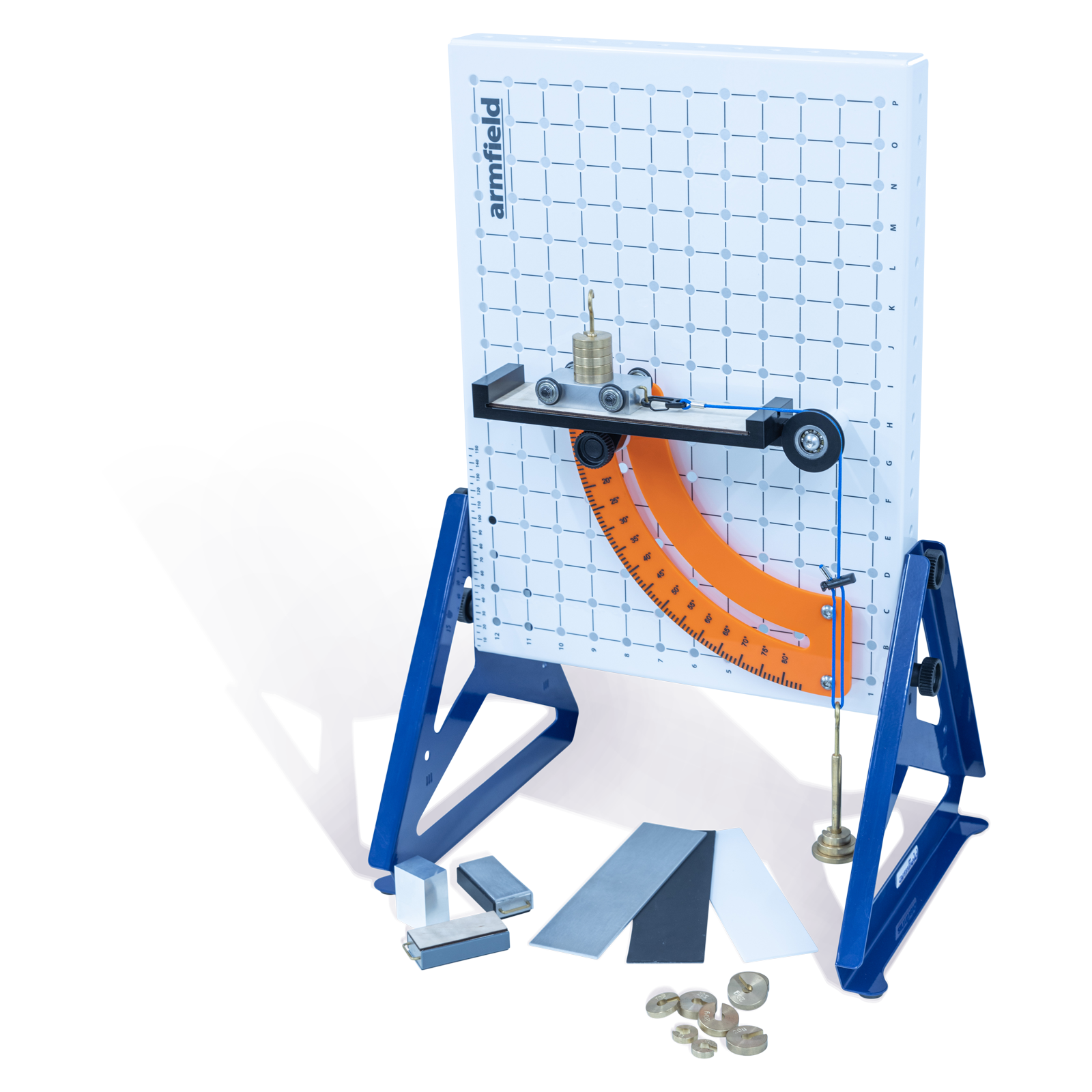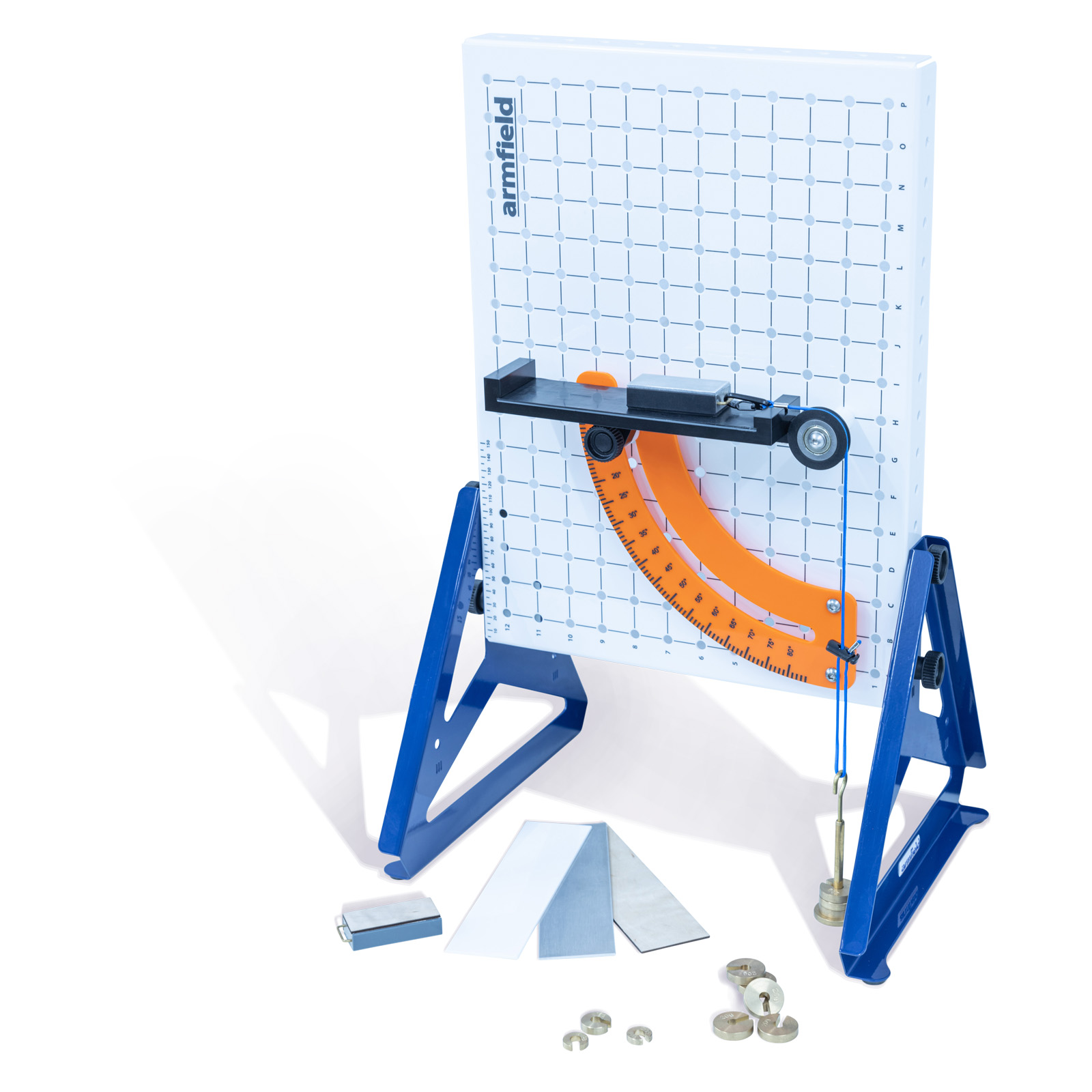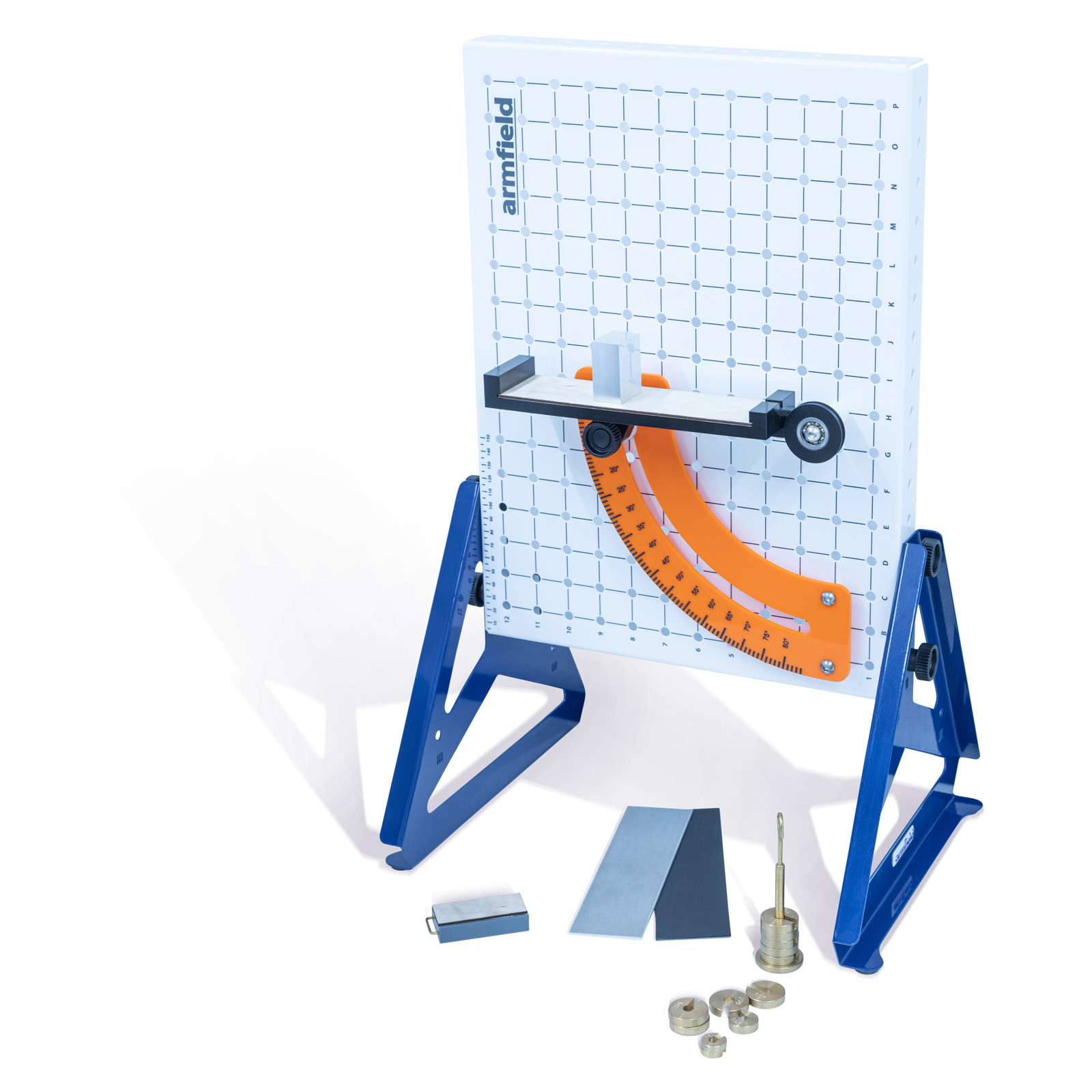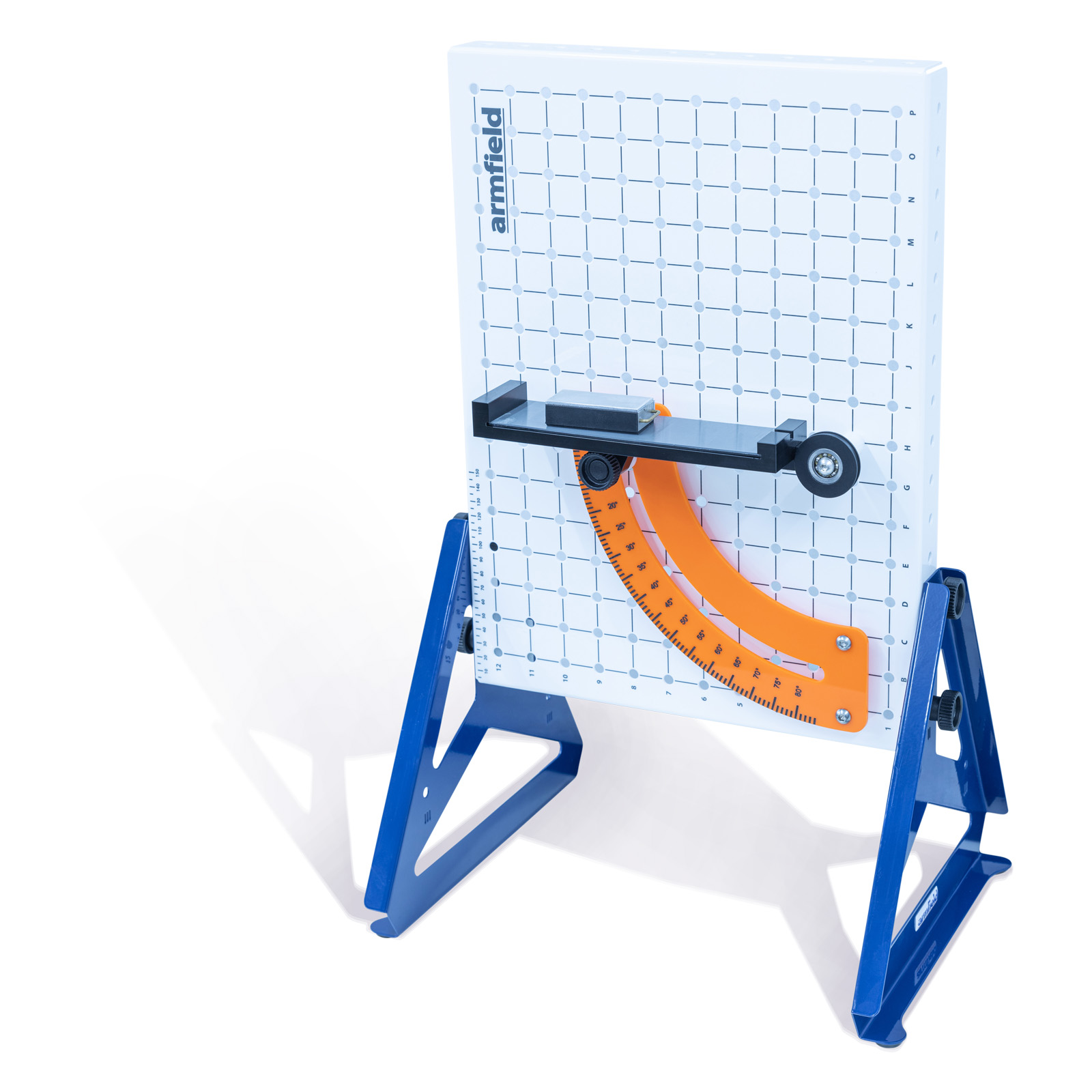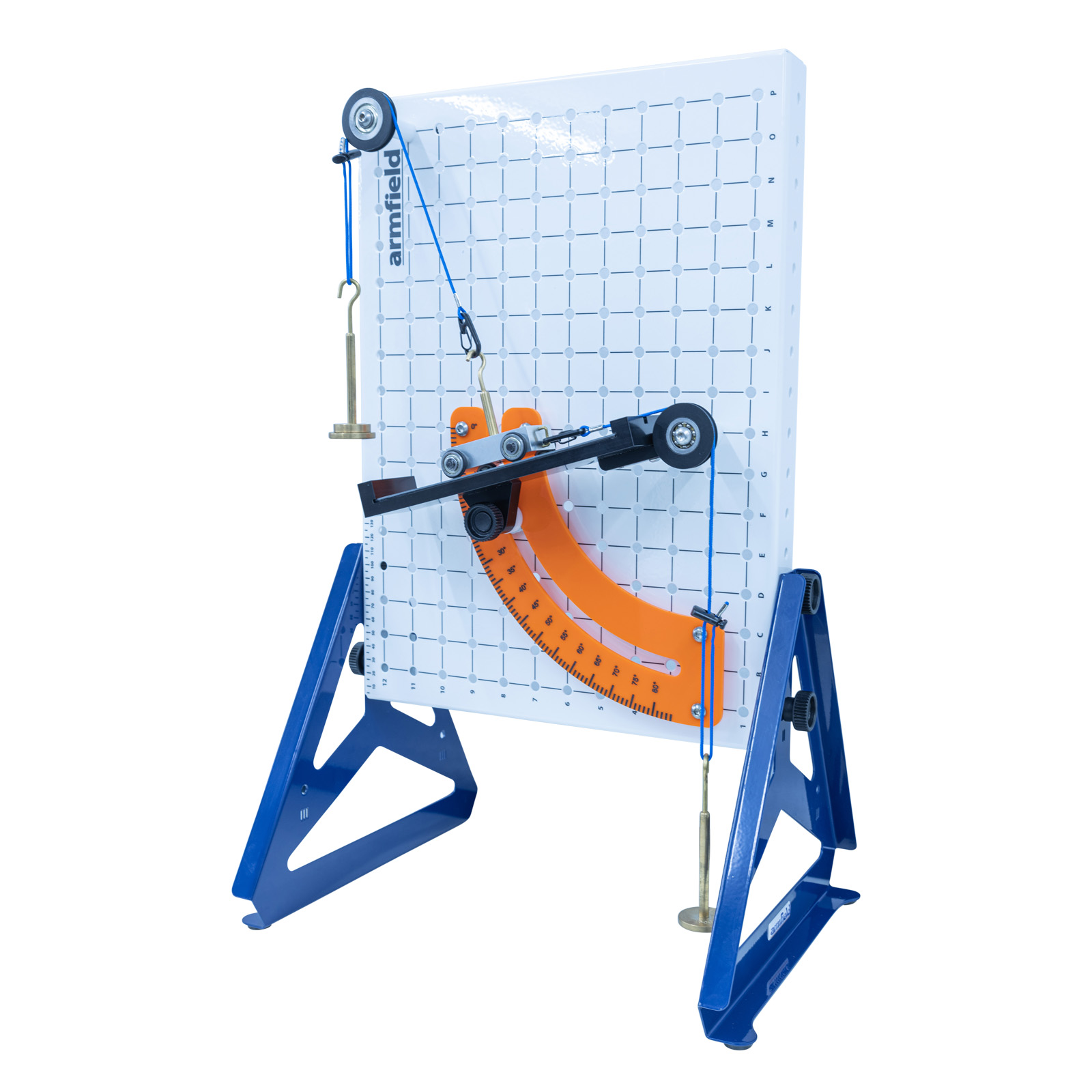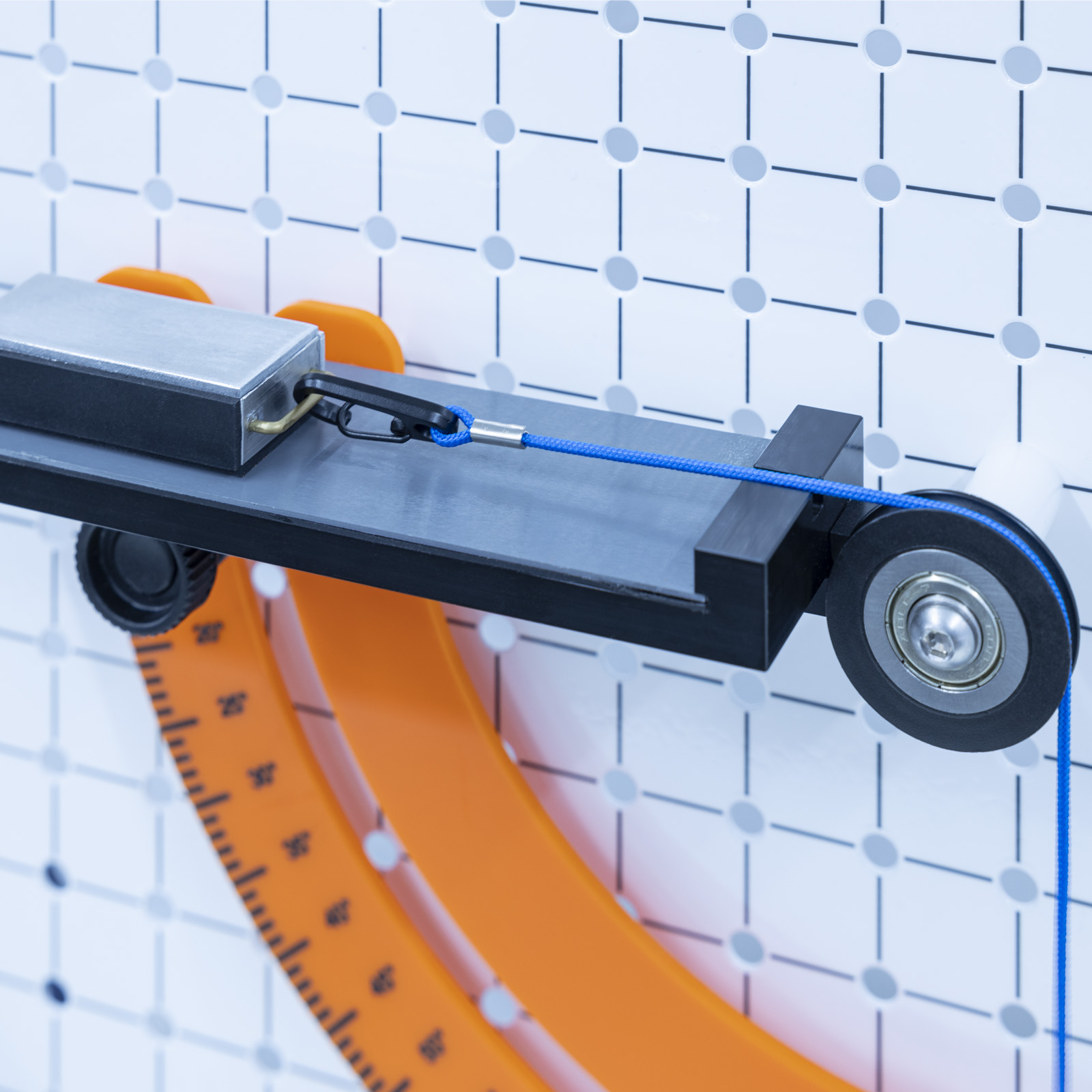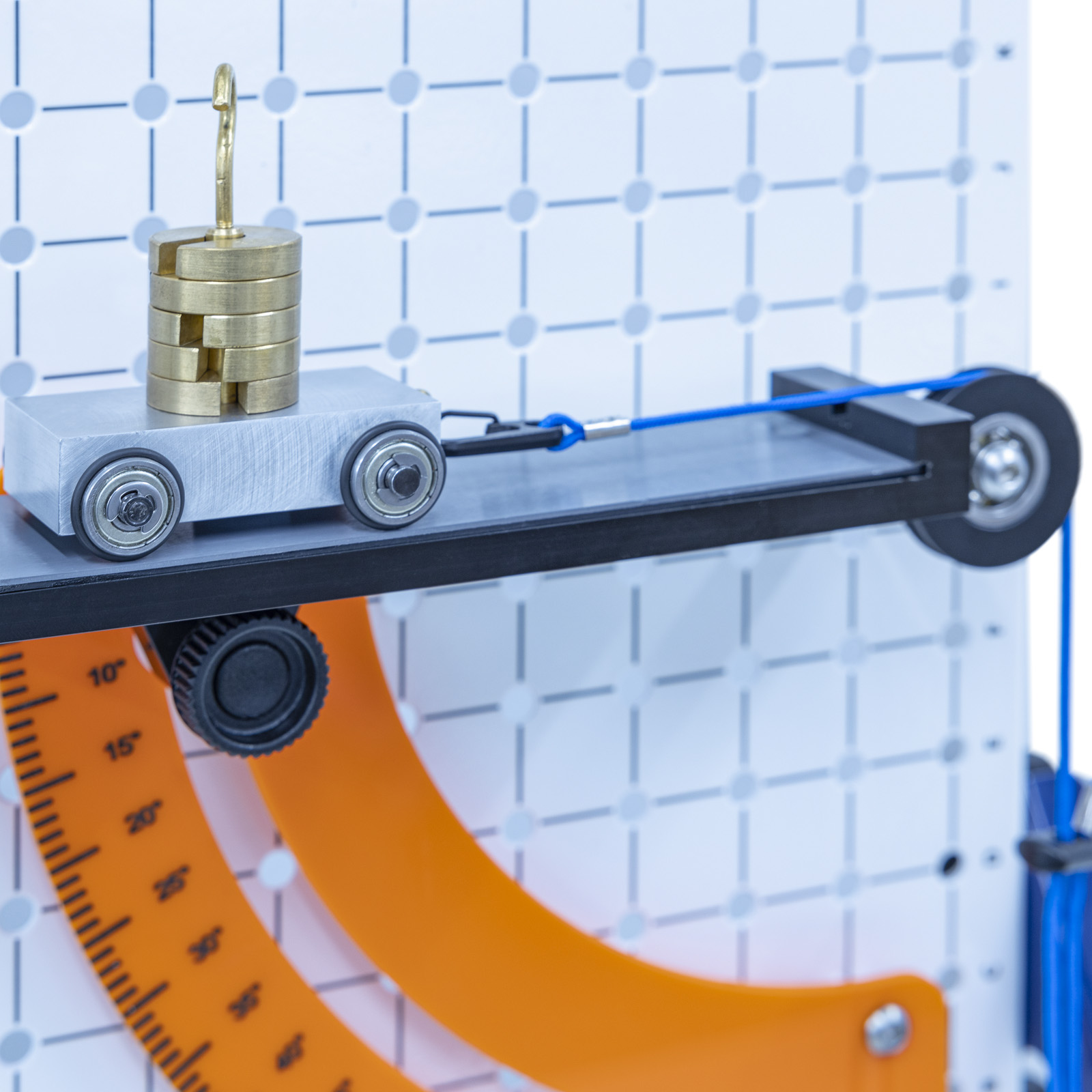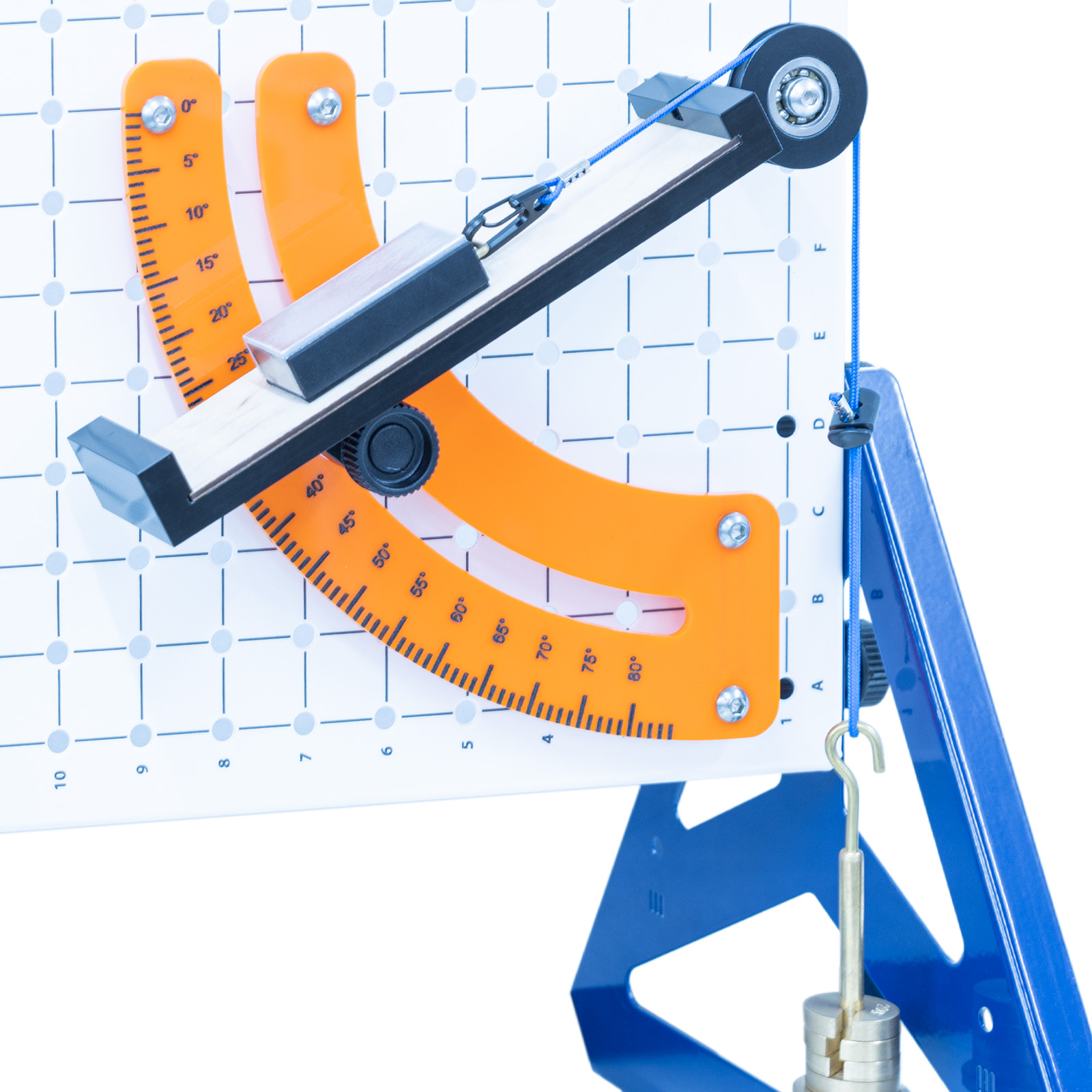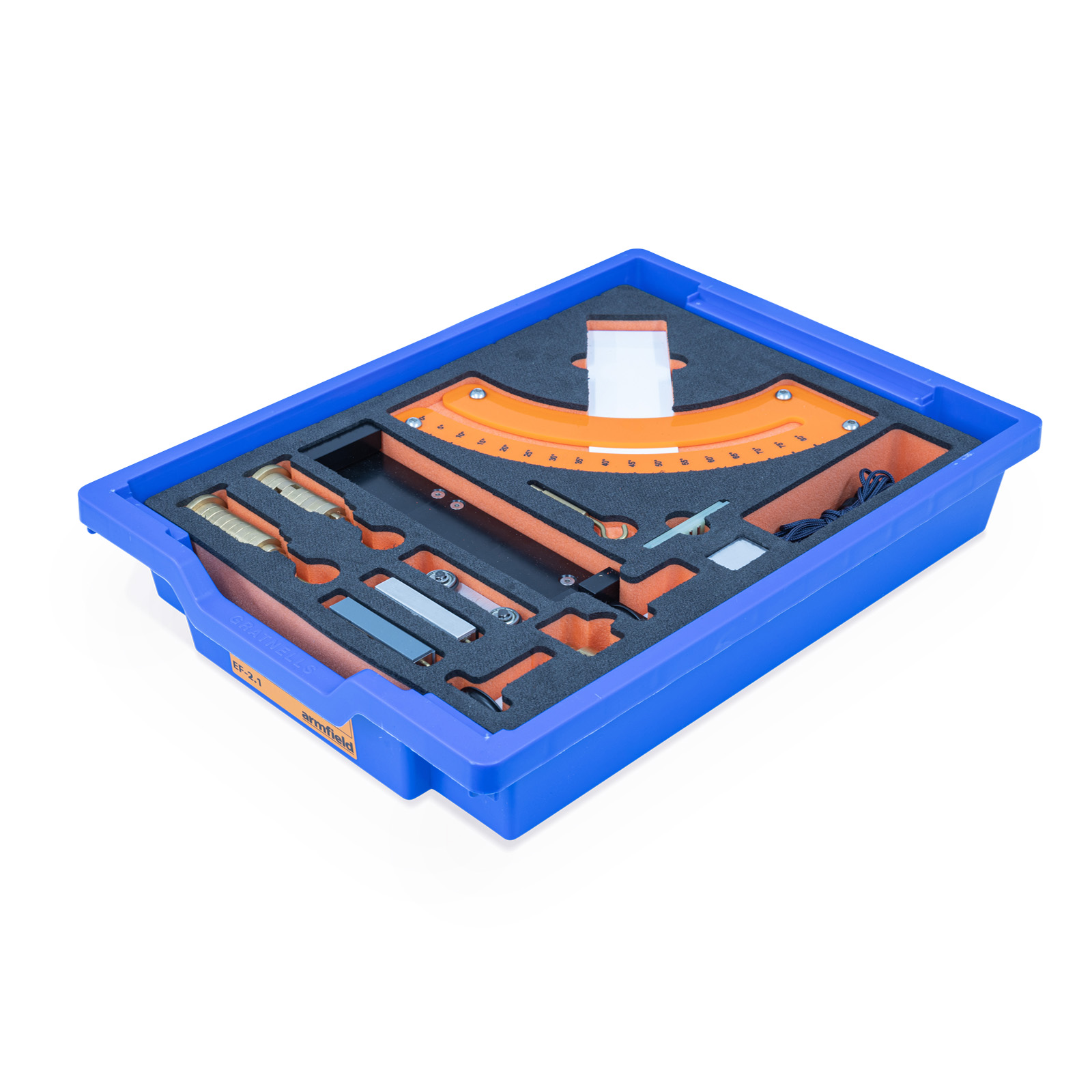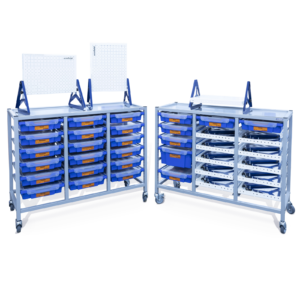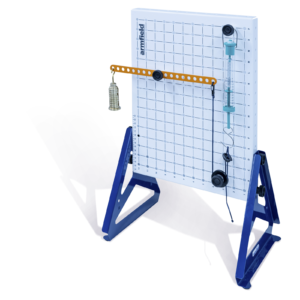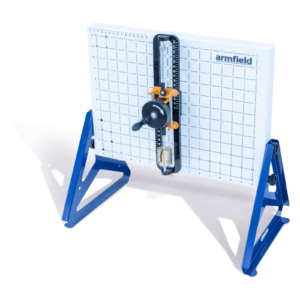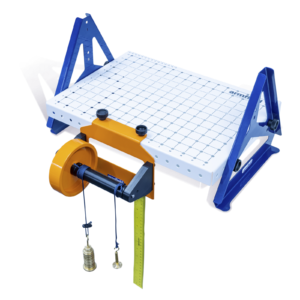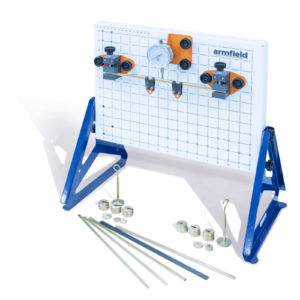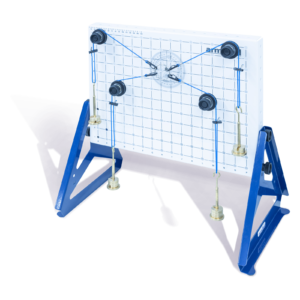EF-2.1 – Dynamics – Friction
The kit is designed to help students understand that friction can be divided into 2 categories, static friction and kinetic (dynamic) friction.
The extent at which friction is reduced by using wheels and rollers, the angle at which the object slides and the angle of friction with the movement of an object along a plane is dependent on what external forces are applied and from which direction.
Description
The kit is designed to help students understand that friction can be divided into two categories, static friction and kinetic (dynamic) friction. The extent at which friction is reduced by using wheels and rollers, the angle at which the object slides and the angle of friction with the movement of an object along a plane is dependent on what external forces are applied and from which direction.
The Engineering Fundamentals range enables students to gain an understanding of the principles of engineering by the process of learning via experimentation. The EF-2.1Friction experiments kit enables students to understand that friction can be affected by a number of variables including material surface, mass of the object trying to slide, angle of sliding and what effect external forces acting on the object will have.
Technical Specifications
Features & Benefits
Features
- Neatly presented in an easily identifiable and durable storage tray
- Trays have clear lids making it easy to see their contents
- Pictorial tray contents list to identify missing components easily
- Accompanied by a detailed manual with various practical exercises
- Clear and concise assembly instructions for each experiment
- Multiple experiments per kit
- Toolless assembly
Benefits
- Hands-on understanding from lessons
- Improve the student’s dexterity by self-assembly with the instructions provided
- Static and kinetic friction
- Calculating the coefficient for both kinetic and static friction
- Sliding and rolling friction
- Effect of angle on friction
- Component forces
- EF-BU Base Unit
- Statics Experiments
– EF-1.1 Forces
– EF-1.2 Moments
– EF-1.3a Beams
– EF-1.3bTrusses
– EF-1.4 Springs
– EF-1.5 Torsion
- Dynamics Experiments
– EF-2.1 Friction
– EF-2.2 Simple Harmonic Motion
– EF-2.3 Rotational Friction
– EF-2.4 Potential and Kinetic Energy
– EF-2.5 Centrifugal and Centripetal Force
- Mechanisms Experiments
– EF-3.1 Cam, Crank and Toggle
– EF-3.2 Simple Mechanisms
– EF-3.3 Additional Mechanisms
– EF-3.4 Bar Linkages
- Kinematics
– EF-4.1 Pulleys
– EF-4.2 Gears
– EF-4.3 Drive Systems
- Strength of Materials
– EF-5.1 Tensile Tester
- Options
– EF-WS Workstation
Bed Material
- Wood
- Rubber
- Aluminium
- Wood
- 3 x 50g weights
- 2 x 250g weights set on hanger
- Friction block material:
- Metal large surface
- Rubber large surface
- Plastic large surface
- Wood large surface
- Wood small surface
EF-BU Base Unit
- EF-BU on which to build the experiment from the tray components
- Level and stable work surface to mount the EF-BU upon. The optional EF-WS is ideal for this if no suitable desk or bench is available.
PACKED AND CRATED SHIPPING SPECIFICATIONS
Volume: 0.02m³ per tray
Gross Weight: 10kg per tray
Tray
Length: 0.430m per tray
Width: 0.312m per tray
Height: 0.080m per tray
- EF-2.1 – Friction
- EF-BU – Base Unit
- EF-WS – Workstation (optional)
